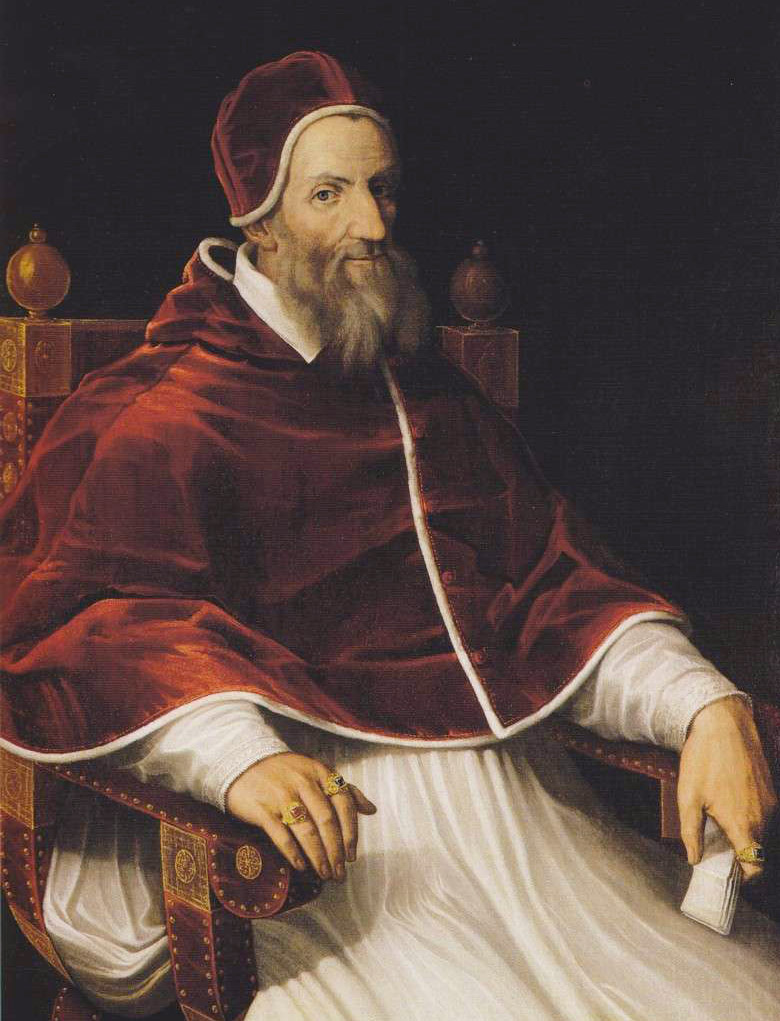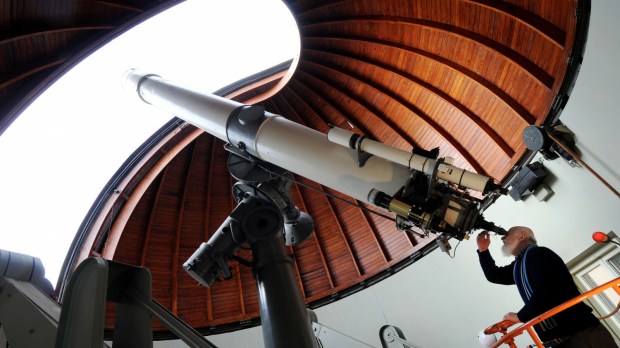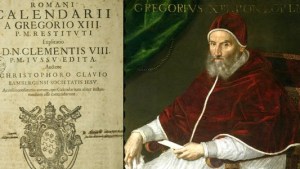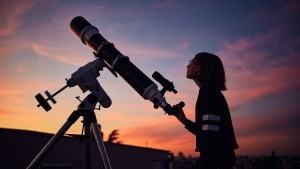Lenten Campaign 2025
This content is free of charge, as are all our articles.
Support us with a donation that is tax-deductible and enable us to continue to reach millions of readers.
Last week, the Vatican Observatory announced four newly discovered asteroids named after notable Catholics, including Pope Gregory XIII – best known for commissioning the Gregorian calendar, initially authored by the doctor and astronomer Aloysius Lilius, and aided by Jesuit priest (and also astronomer) Christopher Clavius, who made the final modifications.
A recently published press release from the Vatican Observatory announced that the Working Group for Small Bodies Nomenclature (WGSBN) of the International Astronomical Union published its latest batch of named asteroids in early February. The newly-named asteroids include 560974 Ugoboncompagni, honoring Ugo Boncompagni – that is, Pope Gregory XIII.

Three other asteroids were named after Jesuit priests who work or worked at the Vatican Observatory: Johannhagen, Stoeger, and Janusz. In fact, more than 30 asteroids are named after notable Jesuits, including 302849 Richardboyle, 119248 Corbally, 14429 Coyne, 4597 Consolmagno, 23443 Kikwaya, and 11266 Macke, among others.
In a recently published article, Jonah McKeown explains that “the naming process for asteroids can take decades […] After the asteroid’s discovery, it is given a permanent designation number once the object’s orbit is determined well enough that its position can be reliably predicted far into the future […] Names of pets or names of a commercial nature are not allowed.”
The Vatican Observatory is one of the oldest active astronomical observatories in the world – founded around the year1582.
The Observatory’s press release explains how the Catholic Church has influenced astronomy: “Jesuit Father Giovanni Battista Riccioli (1598–1671), for example, developed the system of lunar nomenclature that is still used today. When the Apollo 11 mission landed in the lunar Sea of Tranquility in 1969, the name came from Riccioli.”




